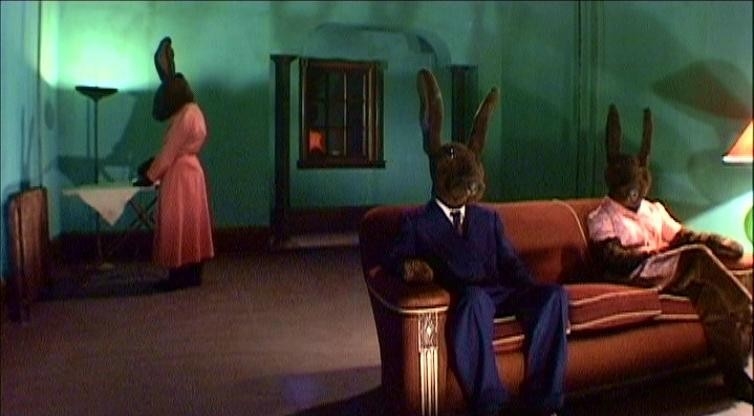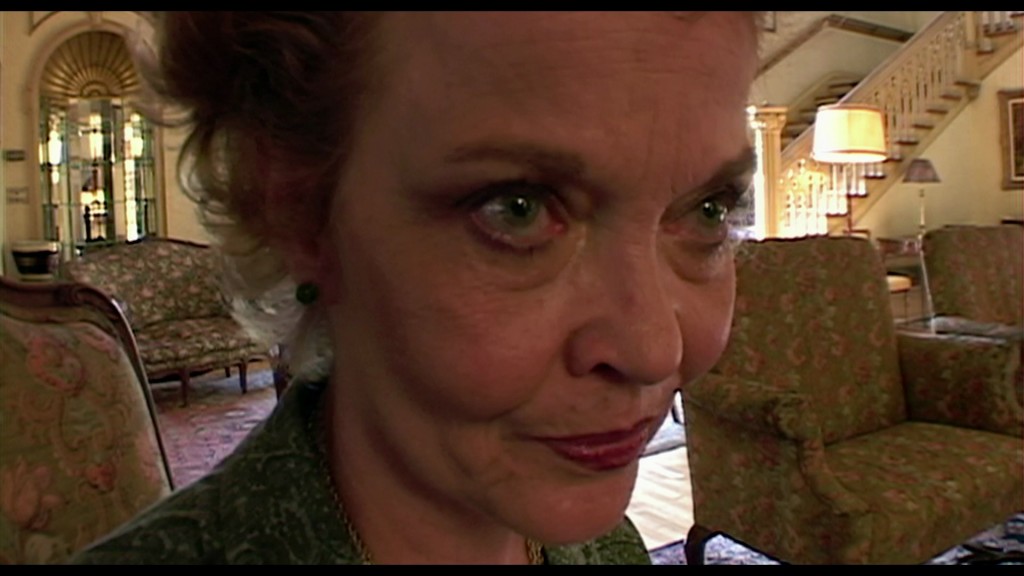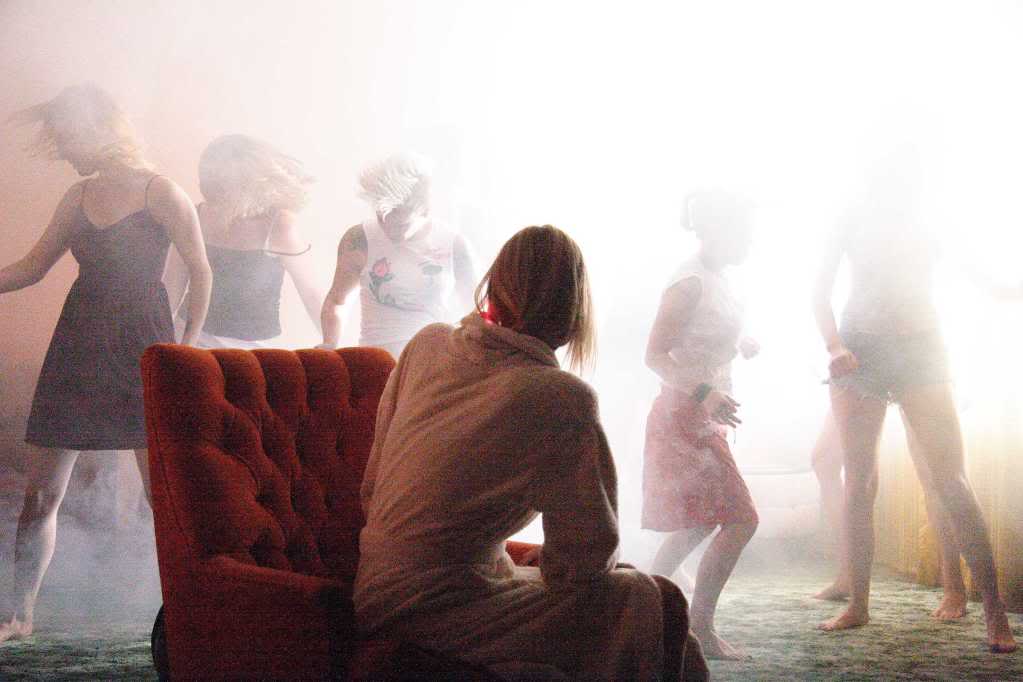
”The eyes must reflect what is not“
– André Breton
Surrealism is the 20th century avant-garde movement that started in the 1920s, emerging from the dadaist movement. It influenced visual arts, literature, popular culture, and film. André Breton, the leader of the movement and one of its co-founders, said: “I believe in the future resolution of these two states, dream and reality, which are seemingly so contradictory, into a kind of absolute reality, a surreality, if one may so speak.” Surrealism aspires to unleash the creative potential of the unconscious mind through various methods; for example, automatic writing.
It is a particular attitude toward life; it values imagination and according to Breton’s version of surrealism, it finds beauty in the marvelous and embraces the irrational. It finds a great value in dreams and is inspired by Sigmund’s Freud’s discovery of the unconscious. While in psychoanalysis, dreams have value as a means of gaining a greater understanding of the psyche, and surrealists find dreams as one of the main inspirations for their work.
The work of Luis Buñuel, particularly his early films “Un Chien Andalou” and “L’age d’Or”, represents one of the most important achievements of surrealist cinema. American director David Lynch has been described as a “surrealist in the tradition of the great Spanish filmmaker Luis Buñuel.”
The surrealist movement ended as an organized activity in 1966 following the death of Breton, and what we can see nowadays are sporadic bursts of surrealist energy, but the time of the movement’s greatest influences have passed. Marina Warner said: “David Lynch is too committed to the principles of surrealism to pitch for thriller suspense; he’d rather catch a shadow after it’s passed.”
Lynch was also referred to as the most orthodox proponent of surrealism in contemporary cinema. In a 1987 BBC documentary, in which Lynch presents various surrealist films, he says: “They [the surrealists] discovered that cinema was the perfect medium for them, because it allowed the subconscious to speak. If the surrealism is the subconscious speaking, then I think I identify with it.” Lynch made several films that could be defined as surrealist, and in this article, seven reasons will be presented as to why his 2006 film “Inland Empire” is the best surrealist film of the 21st century.
1. Explores the dark side of psyche

While the early surrealists, including Breton, identified beauty with the marvelous, Hal Foster argues that there is a dark side of surrealism and that there is one term that can define it – uncanny. It is a psychoanalytical concept defined by Freud “in which repressed material returns in ways that disrupt unitary identity, aesthetic norms and social order.” This side of surrealism is inspired by a competing version, that of Georges Bataille. According to Barbara Creed, it explores surrealism as an art devoted not only to love and liberation but also to sadism, masochism, desire, and death.
She believes that Lynch is inspired by this dark side of surrealism. Bataille wrote: “Eroticism is assenting to life, even in death.” The first scene involves a prostitute and a prelude to a sexual act. Directly afterward, frosting on the window resembles a skull and bones. In this sequence, the connection between eroticism and death is subtly implied.
In “Inland Empire”, the exploration of themes such as eroticism, death, and violence is particularly emphasized. The uncanny is present from the very beginning; Nikki’s neighbor, whose very presence is ominous, says: “Little boy went out to play. When he opened his door, he saw the world. As he passed through the doorway, he caused a reflection. Evil was born. Evil was born, and followed the boy.”
Lynch deals with the problem of evil in his TV series “Twin Peaks”, and it is present in this movie as well. Frequent close-ups and ominous music provoke the uncanny feeling in the viewer, and since the storyline becomes more perplexing, this feeling is intensified. The film gradually explores the dark sides of the psyche and the characters’ unconscious desires, both erotic and violent.
2. Follows the logic of a dream

Jean Goudal described cinema as a “conscious hallucination” and compared the experience of dreaming with viewing a film at the cinema. As Creed writes: “Dreaming and viewing both take place in the dark; the subject is not in control of the flow of images which in both contexts seem to originate from a point outside the conscious control of the individual. Goudal argued that the physical conditions of film viewing enhanced the dream-state … The dream-state was further intensified by the way that the images unfolded, not in accordance with rules of logic but in terms of their own logic.”
Lynch’s cinematic style implies a disrupted narrative; it is nonlinear and it defies the rules of logic and classical forms of narration. In one frame, Sue was shown lying in bed, implying that she was dreaming; everything that happened before is but a dream and operates by dream logic. The movie is filmed with a digital camera, which gives the impression of a dream-like state.
Nikki says: “This is a story that happened yesterday. But I know it is tomorrow.” Her life resembles a dream in which temporal relationships are blurred and are hard to distinguish. Toward the end of the film, Laura Dern’s character says: “I guess after my son died I went into a bad time. When I was watching everything go around me while I was standing in the middle. Watching it, like in a dark theater, before they bring the lights up.” Following Goudal’s arguments, she retells her life as if it were a dream resembling a film-watching experience.
3. Portrays “l’amour fou”

In his article on the surrealists, Robert Hughes writes: “One of the core beliefs of the surrealists, as set forth by their leader André Breton, was in “l’amour fou”, obsessional love, the kind of love that deranges the senses and tips those who feel it into a helpless vortex of appetite and feeling.” This kind of love, which translates into mad love, or fatal love, is one of the recurring themes in Lynch’s works; it is present, for example, in “Mulholland Dr.” as well as in “Inland Empire”. Sue feels it toward a man, Billy, played by Justin Theroux, and it can be seen as the main catalyst behind her fantasy about being Nikki, a Hollywood star.
She seems to imagine herself in a position in which they are close and her feelings toward him can be realized. The words of a song that plays in the film, “Ghost of Love”, read: “Strange what love does/ when you are all alone.” When she bursts into the mansion where Billy lives with his wife and children, she fanatically expresses her love toward him in front of his wife.
His wife slaps her in the face and she does it again. Later in the film, she tells the man with whom she talks about her earlier life that there was a man once; she does not want to name him, who revealed something about himself. She refers to the object of her love. Her love seems to be obsessive and frantic, precisely the kind of love which is captured with the term “l’amour fou”.